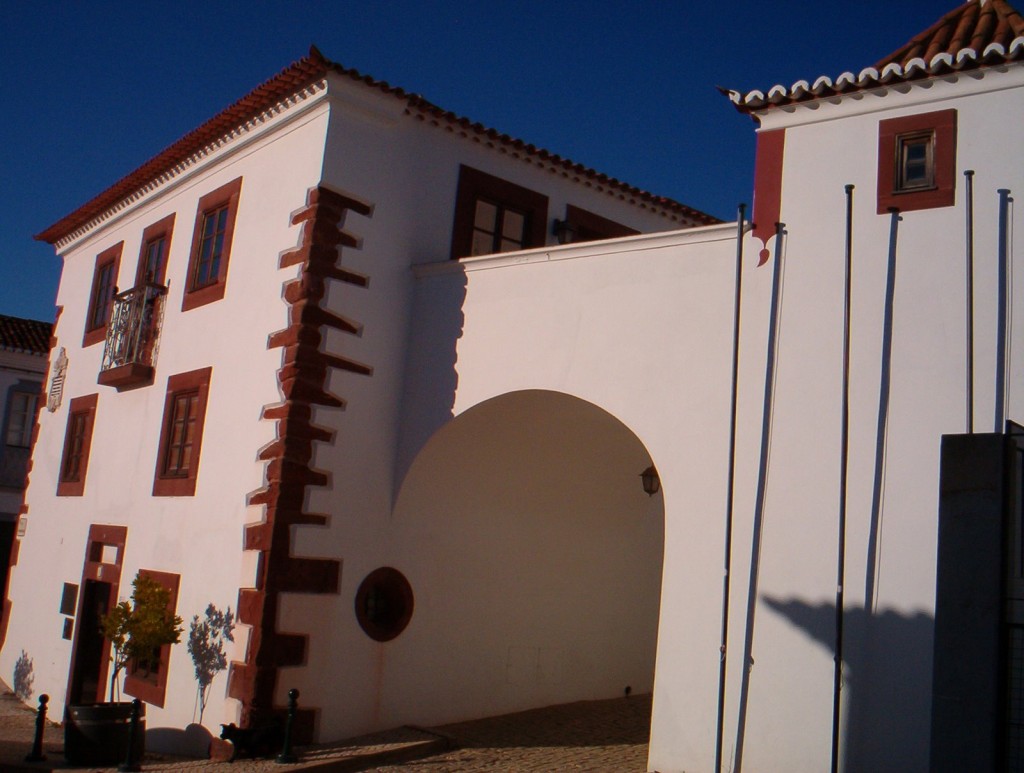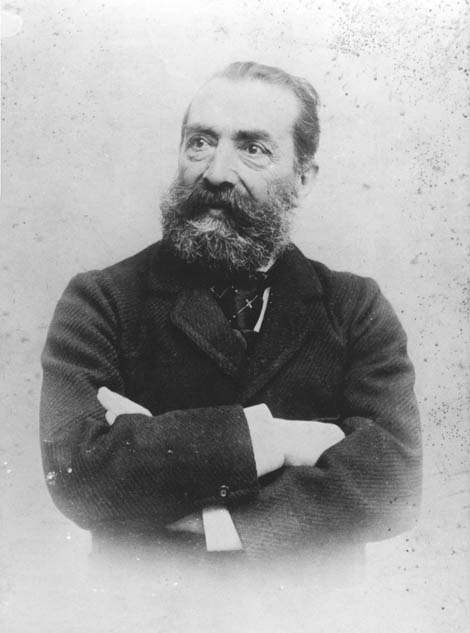 An illustration workshop for children and a visit guided through memory and gaze, by the architect and archaeologist Mário Varela Gomes, author of the project to adapt the space, mark on Sunday, 25 October, the 18th anniversary of the João de Deus Museum House , in São Bartolomeu de Messines.
An illustration workshop for children and a visit guided through memory and gaze, by the architect and archaeologist Mário Varela Gomes, author of the project to adapt the space, mark on Sunday, 25 October, the 18th anniversary of the João de Deus Museum House , in São Bartolomeu de Messines.
With the theme “João de Deus Museum House: a poem-house… under construction”, an illustration workshop for children aged 11 to 00 begins at 5:12 am.
The younger ones are invited to visit the museum space that exists here and then to participate in an illustration workshop, where, through their creativity, they will illustrate, create and build a poem-house, with the aim of connecting the sketch of the façade of the House Museum to the poetry of João de Deus.
At 15:30 pm, visitors will have the opportunity to participate in the initiative “The House Museum João de Deus in the eyes of the master”, a visit guided by Mário Varela Gomes, author of the project for this space.
It will be “a visit guided by memory and perspectives, which will document the history, the restoration, the architectural and exhibition project, and some backstage secrets, known to few people”, explains the organization.
 «The activity is aimed at the most differentiated public and intends to offer a unique moment of dialogue between the designer and the visitor, in a new perspective of the Casa Museu».
«The activity is aimed at the most differentiated public and intends to offer a unique moment of dialogue between the designer and the visitor, in a new perspective of the Casa Museu».
The João de Deus Museum House, in Messines, opened its doors on October 25, 1997, being a nucleus of representation and a playful, educational and cultural space, divided into several environments that complement each other and aim to preserve the “memory of the place ”, making known the life and work of João de Deus, born in that village, in a triple perspective – as a Man, as a Poet and as a Pedagogue – and to revive the collective memories and identity, in multiple activities, where Education, the Arts and the Knowledge of the Surroundings have a preponderant role.


















Comments